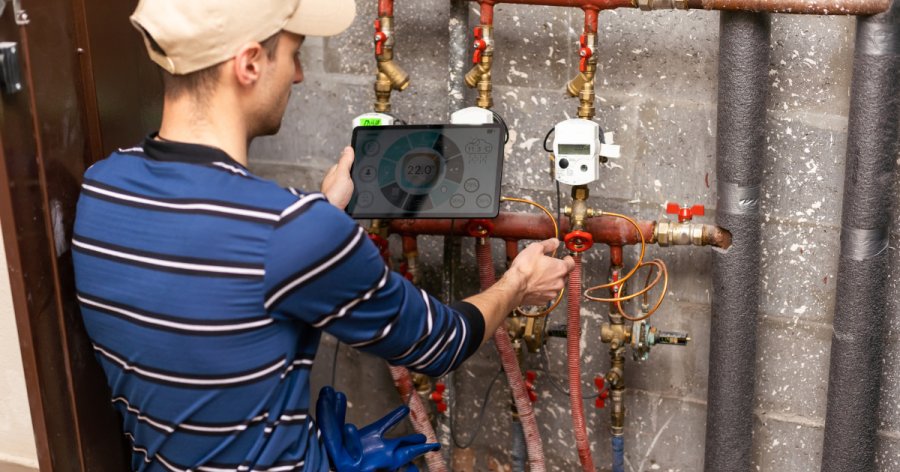Securing repairs and maintenance contracts can provide a stable and lucrative revenue stream for your business. These contracts span a wide range of opportunities from local council frameworks to direct contracts for housing associations, and from plumbing and flooring to HVACs and air pumps. Our team of winning tender writers have written hundreds of bids and share their top tips for success with your next opportunity.
1. Read all the tender documentation thoroughly
A successful bid begins with a deep understanding of the buyer’s requirements. Download and read all of the tender documents carefully to grasp:
- The scope of services needed
- Specific requirements or restrictions
- Key deadlines and milestones
Evaluate whether your business can meet the outlined needs. If there are gaps, consider what changes you could implement to address them. Importantly, ensure the contract aligns with your long-term business goals.
2. Prepare all required documentation
Public sector buyers seek evidence that your business is credible, reliable and capable. Typical documents required include:
- Financial accounts for the past two years
- Insurance certificates (e.g., public liability)
- Policies on health and safety, quality assurance, and environmental standards
- Risk Assessment and Method Statements (RAMS)
- Staff training certifications and accreditations
- Memberships or certifications like CHAS or SafeContractor
Ensure these documents are current and readily available. If you lack any of these, begin addressing gaps immediately.
3. Highlight value for money
Buyers want reassurance that you can deliver high-quality work cost-effectively. Demonstrate this by showcasing:
- Examples of cost savings you’ve delivered for other clients
- Efficiencies you’ve introduced in past projects
- Unique insights about the local area (especially if you’re a smaller, local business)
Value for money isn’t just about being the cheapest bidder, it’s about showing you’re the best investment.
4. Use case studies and testimonials
To build confidence clear examples of similar work you’ve successfully completed. Case studies should include:
- The challenges faced
- Your approach to overcoming them
- Quantifiable outcomes (e.g., cost savings or improved performance metrics)
Additionally, include testimonials from satisfied clients to further strengthen your bid.
5. Provide evidence of performance monitoring
Buyers often require ongoing performance reports to ensure service quality. If possible, share examples of management information (MI) you’ve supplied to past clients, such as Service Level Agreement (SLA) adherence reports and Key Performance Indicator (KPI) tracking.
If you don’t currently collect this data, consider starting now with your existing clients. Having these metrics in place will make future tenders easier to tackle.
6. Share your social value commitments
Public sector buyers are increasingly prioritising social value. To stand out, highlight your contributions to the local community, such as:
- Creating local jobs or apprenticeships
- Supporting local suppliers or small businesses
- Volunteering or community initiatives
- Environmental sustainability efforts
Tailor your social value commitments to align with the specific priorities of the buyer.
Winning a repairs and maintenance contract requires preparation, attention to detail, and a clear demonstration of value. By following these tips, you can position your business as a reliable and capable partner for public sector organisations. Remember, the tendering process is as much about showcasing your professionalism as it is about offering a competitive price.
Start preparing today to make your next bid your most successful yet!
If you need help writing your response get in touch, and to see all the latest repairs and maintenance opportunities visit our Open Tenders portal.



